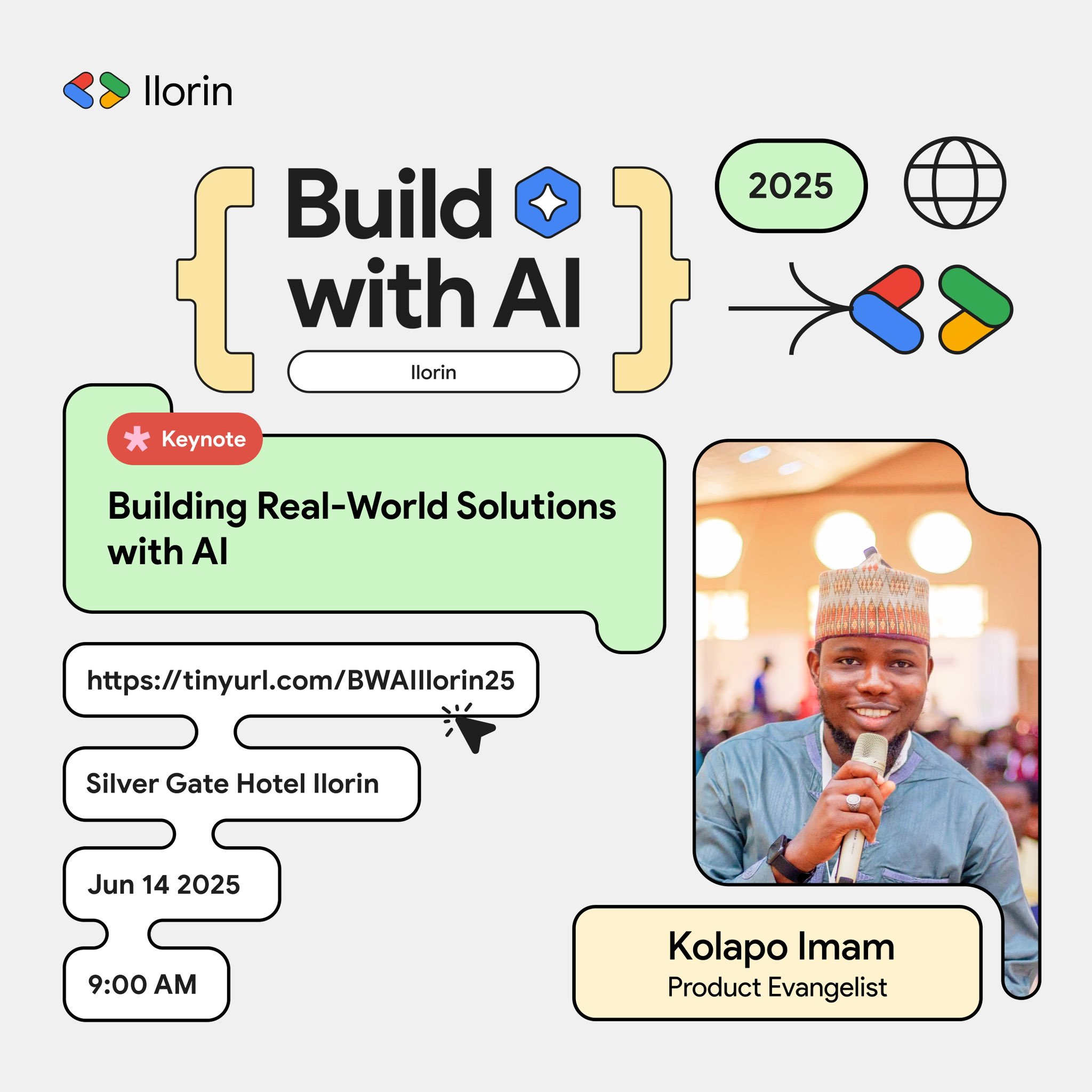Event Overview
Organizers: The Royal Society of South Africa and the Academy of Science of South Africa (ASSAf)
Date: Wednesday, October 15, 2025
Time: 17:00 SAST (South African Standard Time)
Format: Online Webinar
Presenter
Dr. Martin Bekker
- AI Ethics Researcher and Computational Social Scientist
- School of Electrical and Information Engineering, University of the Witwatersrand
- Founding Fellow, Wits MIND Institute
Academic Background
Dr. Bekker holds an interdisciplinary academic portfolio spanning:
- Degrees in Values Studies and Philosophy (Stellenbosch University)
- Peace Studies (University of Bradford)
- Development (London School of Economics)
- PhD (University of Johannesburg)
Professional Experience
- Former Head of the Royal Bafokeng Administration demographic and household survey research team
- Former member of the World Economic Forum’s advisory panel for sustainable mining and minerals
Webinar Abstract
The presentation aims to cut through the prevailing hype surrounding artificial intelligence by proposing a pragmatic three-part framework for understanding AI’s role and impact.
Framework Components
1. Good AI
The webinar will celebrate valuable, specialized machine learning tools that are already revolutionizing scientific research and practice. This category focuses on AI applications that deliver tangible benefits and solve real-world problems effectively.
2. Bad AI
This section critiques the misapplication of generative AI models. The key concern is the inappropriate treatment of these probabilistic tools as sources of absolute truth, rather than understanding their inherent limitations and probabilistic nature. This misuse can lead to:
- Overreliance on AI-generated content
- Misinformation and inaccuracies
- Misplaced trust in AI decision-making
3. Nonsense AI
The presentation will challenge speculative discourse around Artificial General Intelligence (AGI). Dr. Bekker argues that:
- AGI speculation distracts from urgent, practical AI challenges
- Real-world issues like algorithmic bias require immediate attention
- Accountability mechanisms need to be prioritized over futuristic scenarios
Key Objectives
The webinar seeks to:
- Demystify AI hype by providing a clear, evidence-based framework
- Foster critical thinking about AI technology and its applications
- Promote responsible discourse about AI’s actual capabilities and limitations
- Redirect focus toward pressing challenges including:
- Algorithmic bias
- Accountability in AI systems
- Ethical implementation of AI technologies
- Provide regional context for understanding AI implications in South Africa and Africa
Significance for the Region
This webinar is particularly relevant for South Africa and the broader African context because it:
- Addresses AI implementation in a developing economy context
- Considers ethical and social implications specific to the region
- Provides a counterbalance to predominantly Western AI narratives
- Focuses on practical applications rather than speculative technologies
- Emphasizes accountability and bias concerns that disproportionately affect African communities
Target Audience
The webinar is likely intended for:
- Researchers and academics
- Policymakers and government officials
- Technology professionals and developers
- Ethics and governance specialists
- Students and educators
- Anyone interested in understanding AI’s real-world implications
Expected Outcomes
Participants can expect to gain:
- A pragmatic framework for evaluating AI claims and applications
- Critical tools for distinguishing between hype and reality in AI
- Understanding of where AI adds genuine value versus where it may cause harm
- Awareness of pressing ethical challenges in AI deployment
- A more grounded perspective on AI’s current capabilities and future potential
Conclusion
This webinar represents an important contribution to the AI discourse in South Africa and Africa by providing a balanced, critical perspective that cuts through marketing hype and speculative futurism. By focusing on the distinction between genuinely useful AI applications, problematic implementations, and distracting speculation, Dr. Bekker aims to help participants develop a more nuanced and responsible approach to AI technology.
Register




